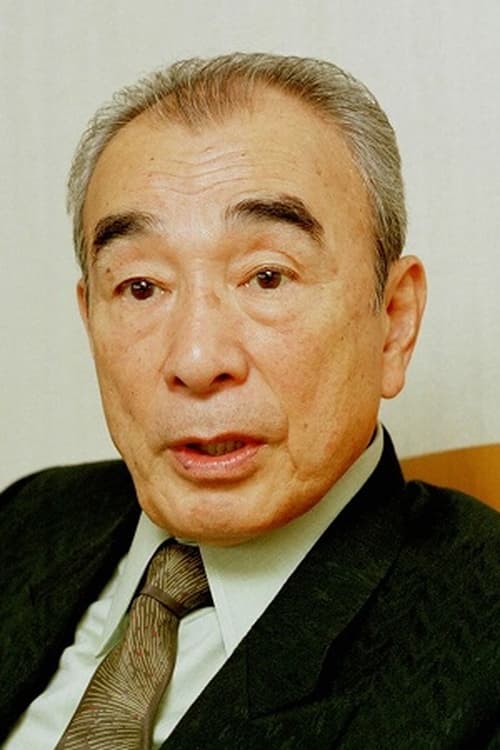Hitoshi Ueki
Birth : 1926-12-25, Aichi, Japan
Death : 2007-03-27
History
Hitoshi Ueki (植木 等, Ueki Hitoshi, December 25, 1926 – March 27, 2007) was a Japanese actor, comedian, singer, and guitarist. He won six awards for acting. His film credits stretch from 1960 to 1995. Ueki came to fame through the comic jazz-band The Crazy Cats led by Hajime Hana. His major appearances were in the Musekinin Otoko film series, the comedy variety show Shabondama Holiday, the prime-time television series The Hangman, and the ten 2-hour television shows in the Nagoya Yomeiri Monogatari franchise. He appeared in the Akira Kurosawa epic jidaigeki film Ran, and received a nomination for the Japan Academy Prize for Outstanding Performance by an Actor in a Supporting Role.

Yaichiro Kanazawa
People from all walks of life (a high-school student, a middle-aged businessman, a yakuza chief, etc.) all receive mysterious messages from loved ones who were killed 3 months earlier in a shipwreck. They are instructed to go to a small island in the Inland Sea that evening. At the stroke of midnight, the lost ship emerges from the sea and they are given a brief time to say their final words to their lost loved ones, before the deceased must once again board the ship and it sinks back into the depths.
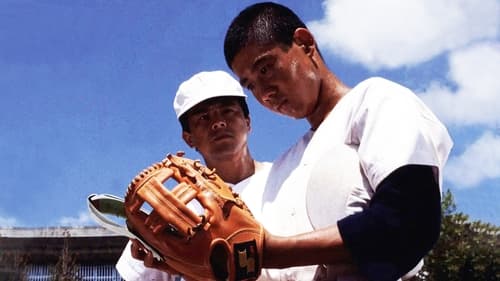
Based on the non-fiction books by Takushi Ono (the NHK announcer, not the gymnast) and Yoshinari Tobe.

A hard-working section chief, fast approaching retirement and beset by stress from all directions, joins a jazz band and reignites his youthful passion for the music, giving him a chance to set things right in his life.

Comedy based on a book by Joji Abe, about a man in prison for the 12th time.
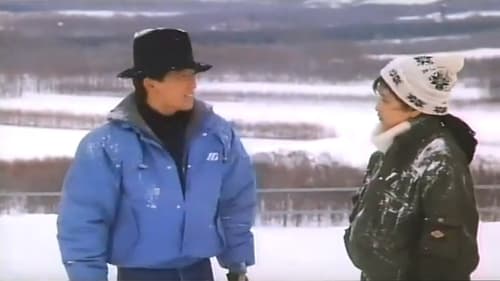
Grandfather
It depicts a young man who challenges a 2600km traverse of Japan from Hidaka in Hokkaido to Kagoshima in Kyushu with Hokkaido horses.

A lighthouse keeper and his family follow work from town to town, each time making new friends and receiving a visit from his troublesome father.
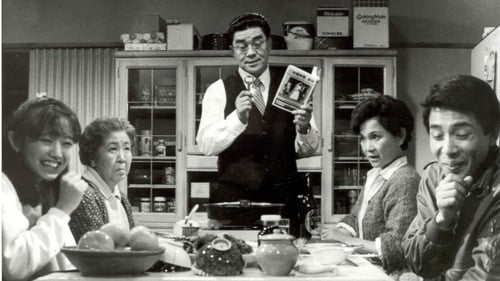
Ichiro Harada

A young man working as a cameraman in Tokyo is visited for three days by his parents from the countryside.
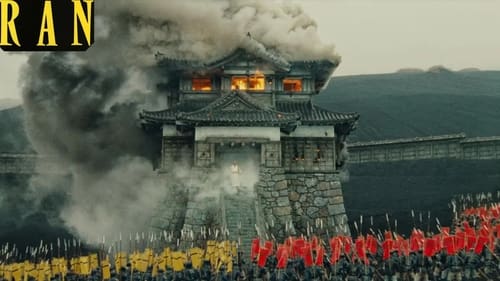
Nobuhiro Fujimaki
With Ran, legendary director Akira Kurosawa reimagines Shakespeare's King Lear as a singular historical epic set in sixteenth-century Japan. Majestic in scope, the film is Kurosawa's late-life masterpiece, a profound examination of the folly of war and the crumbling of one family under the weight of betrayal, greed, and the insatiable thirst for power.

Yasukune Kobayashi
The Kobayashi family finally get the chance to move out of their tiny, cramped Tokyo apartment in favour of the suburban house of their dreams. But all is not well: the house is infested by termites and the family starts cracking up: Son Masaki is studying so obsessively for his exams that he's losing his mind; daughter Erika is oblivious of all but her forthcoming record company audition, grandfather Yasukuni starts getting World War II flashbacks and father Katsuhiko is so worried about his family's "sickness" that he thinks can only be cured by group suicide.

President of electric shop
An ardent culture-vulture youth, previously charged for the murder of a woman when he was young, plans to hold hostage a local bank.
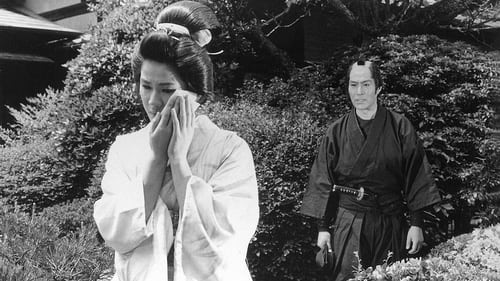
Toma (Go Kato) is a son of a doctor in Takane, Yoshitomo Monzen. He was ordered by the sick federal lord and travel to Edo. It was said that Tsurunosuke, the man supposed to be the next federal lord, got a heavy disease, and the order aimed to make sure if it is true or not. On his way to Edo, Toma gave a hand to Kiku (Mayumi Okamura) who had a stomachache. However, she seemed to be in big trouble, and there were many warriors on the roads… This is the remade drama of “Wakasamamono” written by a popular novelist Tatsuji Satte. Go Kato as Dr. Waka brandishes a sword to come up against the plot of Karo, related to the inheritance of Takane Han.

This film is Beat Takeshi's first starring role.

1980 Japanese film.

Ichiro Nihon
Maruyama, a day laborer, is living on an abandoned ship at the port of Osaka when he meets an elusive man offering a job.

A Toho comedy film staring the Crazy Cats.

The sixth "Japan's No. 1 Man" feature. Followed by "Japan’s No. 1 Disconnected Man".

A Toho comedy film staring the Crazy Cats.

International thief Zivaco, who can assume any identity, eludes the authorities and battles rival thief WCWC for a rare gold samurai sword.

Shinran Machida
The Crazy Cats, a Japanese musical-comedy group, were showcased a series of comic adventures throughout the 1960s. Las Vegas Free-For-All, one of their most popular movies, featured scenes filmed on location in Las Vegas, Los Angeles, and Hawaii. Appearing with the seven Cats were the lovely Mie Hama and such Japanese musical artists as The Peanuts, The Johnnys, The Drifters, and Jackie Yoshikawa & the Blue Comets.

Sangoro
Sangoro Oiwake runs out of money. He visits rice shop, eat and drink for free, and owners send him to prison. In prison Sangoro will have a new life

Uematsu

Hitoshi Hajime
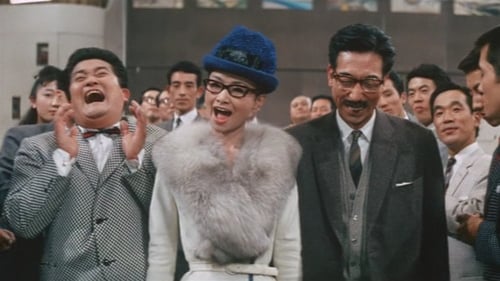
A salaryman (uncredited)
A group of friends try to find success in corporate Japan.

Hikari
The music teacher, who danced the twist at the graduation ceremony of the solemn female school, was fired but became star. First film in popular "Number 1" Series.

Sequel to "Irresponsible Age of Japan".

Toho comedy shot in Tohoscope featuring performances from the Peanuts and the Crazy Cats. Original released alongside another Toho comedy, King Kong vs. Godzilla.

Hitoshi Taira
An irresponsible salaryman works his way to the top of the corporate ladder.

The salaryman is the object of admiration in the world. Because there is no more carefree job than this, this cheerful song comedy is set to the hit melody of Ueki etc. [Selection of Actors and Directors].

Detective Katahachi meets a young and beautiful pickpocket and doesn’t arrest her because she was not in the act. Instead, he listens to the story about her parents who killed himself and died for overwork to feel sorry about her.
